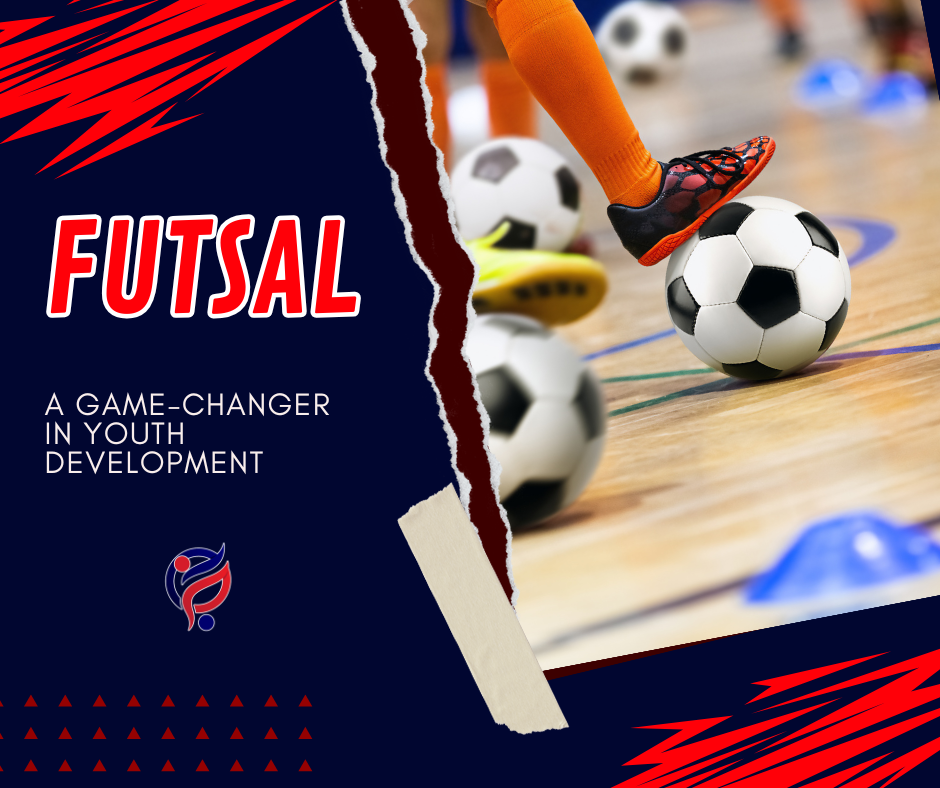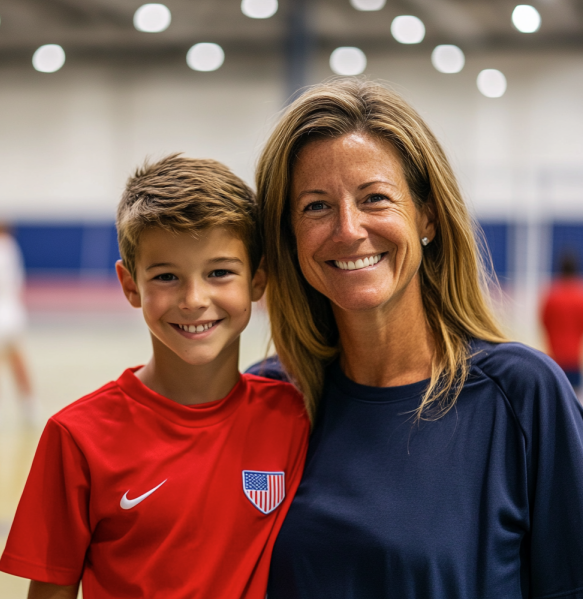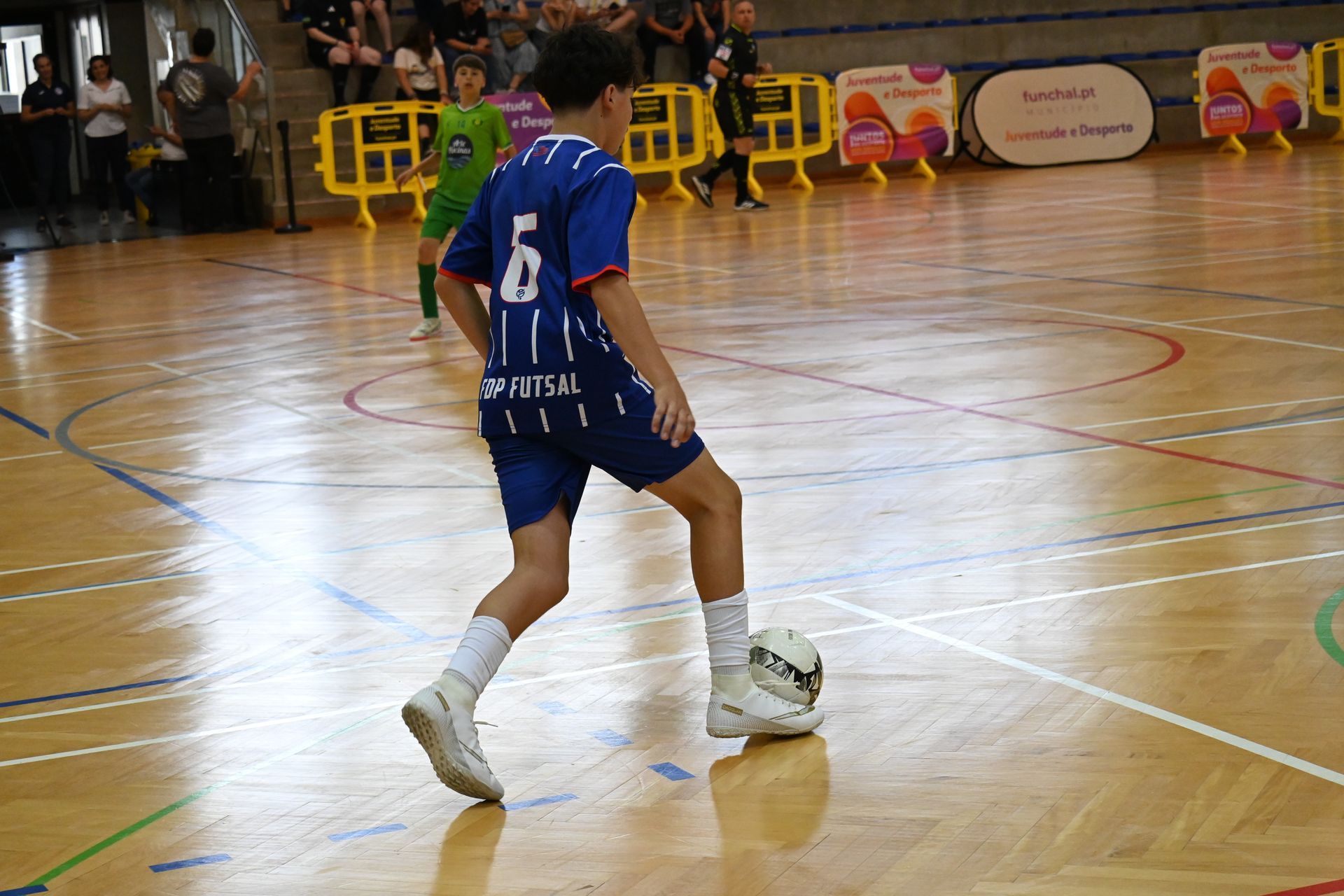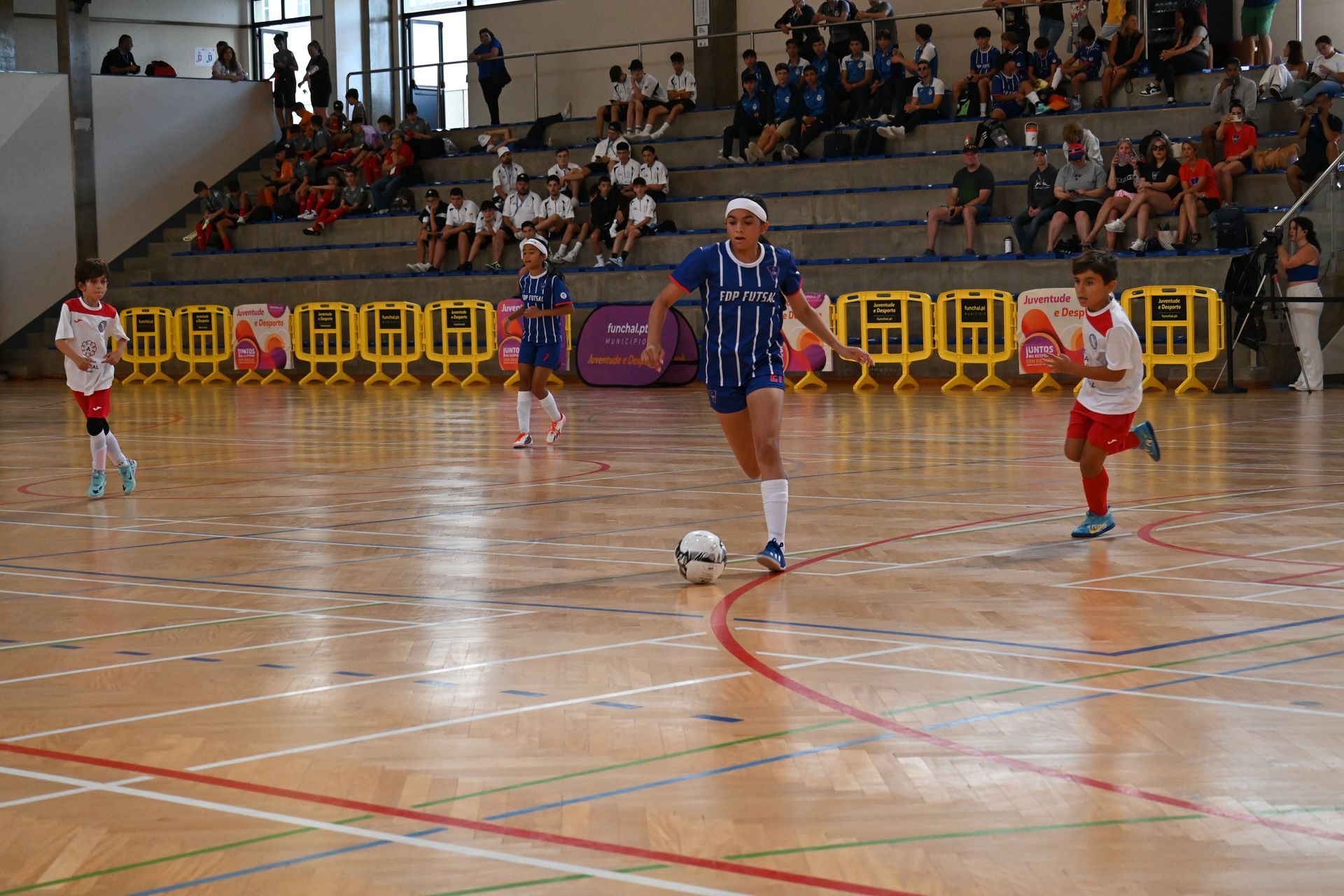Anger Management for Kids in Sports: A Guide for Parents and Coaches
Anger Management for Kids in Sports:
A Guide for Parents and Coaches

Sports play a pivotal role in the lives of many children, teaching them valuable lessons about teamwork, perseverance, and discipline. However, the competitive nature of sports can sometimes lead to intense emotions, particularly anger. Understanding and managing these emotions is crucial not only for a child’s performance on the field but also for their overall well-being and development. This article explores effective anger management strategies tailored for young athletes, offering guidance for parents and coaches to support children in navigating their emotions constructively.
Recognizing Anger in Young Athletes
Children often express their emotions through actions rather than words. In the context of sports, signs of anger might include:
Frustration After a Loss or Mistake: Children may become visibly upset after a game doesn't go as planned or if they make an error during play.
Aggressive Behavior: This can manifest as yelling at teammates, opponents, or coaches, or even physical outbursts like throwing equipment.
Withdrawal or Isolation: Some kids might retreat from the team or avoid participation altogether when feeling angry.
Recognizing these behaviors is the first step in addressing anger effectively. Just as in everyday life, unaddressed anger in sports can escalate, leading to more significant issues both on and off the field.
The Impact of Unmanaged Anger in Sports
When anger is not managed properly, it can have several negative consequences:
Performance Decline: Anger can cloud judgment, reduce focus, and hinder a child's ability to perform their best.
Strained Relationships: Persistent anger can damage relationships with teammates, coaches, and parents, creating a hostile environment.
Long-term Emotional Issues: If not addressed, anger can develop into more severe emotional or behavioral problems in the future.
Effective Anger Management Strategies for Young Athletes
1. Teach Emotional Awareness
Helping children identify and understand their emotions is foundational to managing anger. Encourage athletes to recognize the physical and emotional signs of anger, such as a racing heart, clenched fists, or feelings of frustration. This awareness allows them to address their emotions before they escalate.
2. Positive Outlets Through Sports
Sports themselves can be a healthy outlet for managing anger. Engaging in physical activity helps release built-up tension and provides a constructive way to channel negative emotions. Encourage children to use the energy from anger to enhance their performance rather than let it hinder them.
3. Incorporate Fun Activities and Games
Just as the reference article suggests using games and activities for anger management, integrating these into sports training can be highly effective. Games that promote teamwork, communication, and problem-solving can help children develop better emotional regulation. For example, team-building exercises can teach kids how to handle conflicts and support each other in high-pressure situations.
4. Model Positive Behavior
Parents and coaches serve as role models. Demonstrating calmness and constructive responses to frustration can teach children how to handle their own emotions. When adults manage their anger effectively, children are more likely to mimic these behaviors.
5. Teach Relaxation Techniques
Simple techniques such as deep breathing, visualization, or taking a short break can help children calm down when they feel angry. Incorporating these practices into pre-game or post-game routines can make them habitual responses to stress.
6. Encourage Open Communication
Create an environment where children feel safe to express their feelings. Encourage them to talk about what makes them angry and work together to find solutions. Active listening from parents and coaches can validate their emotions and reduce feelings of isolation.
Resources for Parents and Coaches
There are numerous resources available to support anger management in young athletes:
Books and Literature: Numerous books offer strategies and activities tailored for children to manage their emotions in sports settings.
Online Resources: Websites and online programs provide interactive tools, games, and information to help children understand and control their anger.
Workshops and Counseling: Specialized programs designed for young athletes can offer personalized strategies and support.
Creating a Supportive Environment
Building a positive and supportive environment is essential for effective anger management. Here are some tips:
Set Clear Expectations: Establish and communicate clear rules regarding behavior on and off the field. Consistent expectations help children understand the boundaries and consequences of their actions.
Positive Reinforcement: Acknowledge and reward positive behavior and emotional regulation. Celebrating small victories can motivate children to continue managing their anger constructively.
Encourage Team Support: Foster a team culture where players support each other. Peer support can be a powerful tool in managing emotions and maintaining a positive atmosphere.
Building Resilience for the Future
Anger management for kids in sports doesn’t just improve performance; it builds lifelong skills like emotional regulation, patience, and problem-solving. The core message, as suggested in general anger management resources, is that children need repeated practice and positive reinforcement to learn how to control their anger.
For young athletes, this emotional training complements their physical training, preparing them to handle not only sports-related frustrations but also the challenges they will face throughout life. As a coach or parent, your role in guiding them through these experiences is invaluable.
By teaching kids to recognize and manage their anger, you're helping them build a mindset that focuses on getting better, not just in sports, but in how they handle life's inevitable ups and downs. Anger may be a natural reaction, but with the right support, children can learn to transform it into determination, resilience, and growth.
Anger is a natural emotion, especially in the competitive world of youth sports. However, teaching children how to manage their anger effectively is essential for their success both in sports and in life. By recognizing the signs of anger, implementing constructive strategies, and fostering a supportive environment, parents and coaches can help young athletes navigate their emotions, leading to healthier, happier, and more resilient individuals. Investing time and effort into anger management today lays the foundation for a brighter, more balanced future for young athletes.
Contributed By: Niko Alexopoulos
DON'T MISS ANY BLOG POSTS
Unlock Exclusive Insights: Subscribe Now & Stay Ahead of the Curve! Don't Miss a Single Blog Post—Join Our Community for Expert Tips, Fresh Perspectives, and Insider Knowledge. Your Ticket to Stay Informed, Inspired, and Empowered Awaits!
MAXIMIZE YOUR POTENTIAL
Empower Your Journey: Subscribe for Exclusive Access to Training, Programs, Camps, and Events. Elevate Your Skills and Seize Every Opportunity!










